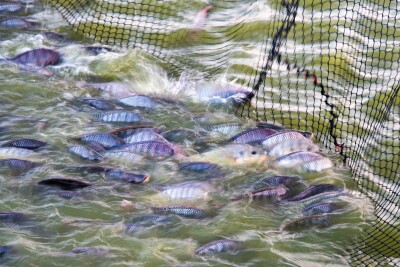If you put too many restrictions on the fishing industry, it could kill off a major part of the local economy.
But if too few restrictions are in place, that could kill off the fish — in which case that economy would no longer exist.
That was the crux of the dilemma being debated at a congressional natural resources committee hearing in Riverhead, N.Y., Monday morning.
The title of the hearing, held at the Suffolk County Community College Culinary Arts Center, was “Restoring Atlantic Fisheries and Protecting the Regional Seafood Economy.”
Also at issue during the hearing was whether the science being relied upon as the basis for fishing regulations was the right science.
Committee chairman Congressman Rob Bishop (R-Utah) said the mid-Atlantic regional marine economy supported nearly 17 million full- and part-time jobs in 2012 and $2.7 trillion gross national product nationwide.
“Some in the fishing industry have expressed concerns that conflicting science on affected fisheries stocks has inhibited access to these resources for commercial and recreational anglers,” he said.
Current federal proposals, Mr. Bishop said, have recommended harvest reductions of 25 and 29 percent, respectively, for striped bass and summer flounder.
“This hearing will focus on the lack of science and inadequate data collection used in the management of these key species as well as other potential federal regulatory issues in the region that could hinder access to these fisheries and the hurt the regional seafood economy,” Mr. Bishop said.
Read the full story at the Suffolk Times >>
Read more about fishery management >>






